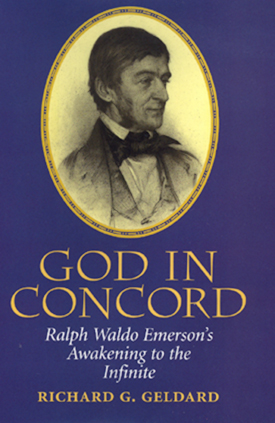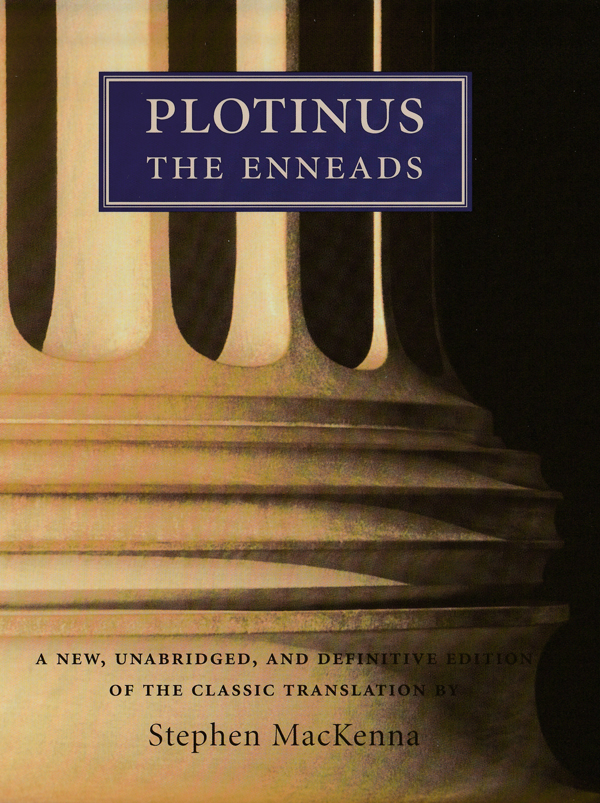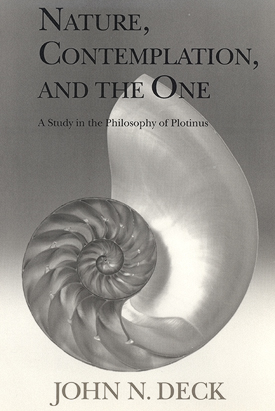Emerson and Universal Mind
By Richard Geldard
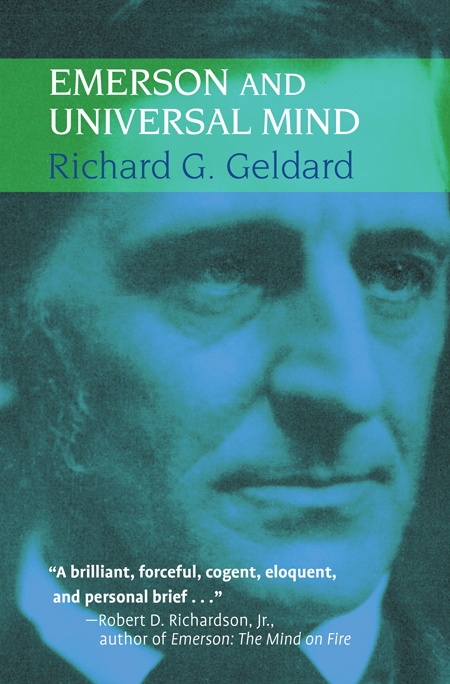
Retail/cover price: $12.95
Our price : $11.01
(You save $1.94!)
About this book:
Emerson and Universal Mind
by Richard Geldard
A brilliant, forceful, cogent, eloquent, and personal brief for the essential validity of the great Neoplatonic doctrine of ideas, and a wholly believable effort to place Emerson firmly in that tradition." —Robert Richardson, The Mind on Fire
Subjects: American Transcendentalism, Neoplatonism, Spirituality
6 x 9, paperback, 96 pages
ISBN 10: 1-936012-64-2
ISBN 13: 978-1-936012-64-0
Book Details
“A brilliant, forceful, cogent, eloquent, and personal brief for the essential validity of the great Neoplatonic doctrine of ideas, and a wholly believable effort to place Emerson firmly in that tradition.” —Robert Richardson, author of Emerson, The Mind on Fire
Emerson and Universal Mind is a gifted author's commentary based on what Emerson spoke of as the central goal of his writing life: articulating clearly the nature and purpose of the human mind. Late in life, in 1871 at age sixty-eight, he was invited by Harvard University to give a series of lectures to a select group of graduate students. He called these lectures the “Natural History of Intellect” and much of the content was published after his death under that title. Scholars and historians since then have neglected this material, thinking it too obscure or not well-conceived; but in more recent years, interest in Emerson’s great project in detailing the nature of mind has increased. Geldard’s brief but compact analysis engages us intimately with Emerson’s insights and focused attention on the question of mind in the universe.
Special feature: The book concludes with Thomas Taylor's "The Platonic Philosopher's Creed."
Part I. The Chief Task of Emerson’s Life
1: Emerson Returns to Harvard
2: The Principles
3: The Journey Begins
4: The Neoplatonic Vision
5: Maturity and Theories of Mind
Part II. The Harvard Lectures or Natural History of Intellect
1. The Powers and Laws of Thought
The Nature of Intellect
The Identity of Thought With Nature
The Sources of Mental Power
2. Instinct and Inspiration
Shifting Rhetoric
Inspiration Rising From Instinct
Our Pathetic Intellect
Trusting the Unknown Thought
Serving Our Genius
The Integrity of the Intellect
3. Memory
Appendix I
A Brief History of Emerson’s Ideas on Mind
Appendix II
The Platonic Philosopher’s Creed
Endnotes
About the Author
Click here for a PDF of the beginning of "The Platonic Philosopher's Creed" by Thomas Taylor, one of this book's special features.
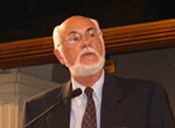
At Faneuil Hall, Boston, June, 2003
"Geldard's knowledge and understanding of Emerson is second to none, including the inimitable Harold Bloom." —Robert Lamb, New York Journal of Books
Richard Geldard is a full-time writer and lecturer living in New York City and the Hudson Valley. He is married to the artist and writer Astrid Fitzgerald.
Before turning to writing he was an educator, teaching English and philosophy at both the secondary, undergraduate and graduate levels. His most recent appointment was at the Pacifica Graduate Institute in Carpenteria, California, where he taught the Greek Mystery Religions. Prior to that he taught Greek Philosophy and The Science of Mind at Yeshiva College in New York, where he also supervised the General Studies program at the university’s boys' and girls' high schools.
He is a graduate of Bowdoin College, The Bread Loaf School of English at Middlebury College, and Stanford University, where he earned his doctorate in Dramatic Literature and Classics in 1972. He has also studied at St. John’s College, Oxford.
Geldard is the author of nine books, including studies of Ralph Waldo Emerson and Greek philosophy and culture. He is also a frequent lecturer. In June, 2003, and September, 2003, he was a featured speaker at Faneuil Hall in Boston as part of the Emerson Bicentennial Celebrations. In June, 2005, he was the Keynote speaker at the re-instatement of the Delphic Games in Delphi, Greece.
Dr. Geldard serves on three Boards of Directors: the Ralph Waldo Emerson Institute, the Friends of the Shawangunks and the World Sound Foundation.
Book Details
“A brilliant, forceful, cogent, eloquent, and personal brief for the essential validity of the great Neoplatonic doctrine of ideas, and a wholly believable effort to place Emerson firmly in that tradition.” —Robert Richardson, author of Emerson, The Mind on Fire
Emerson and Universal Mind is a gifted author's commentary based on what Emerson spoke of as the central goal of his writing life: articulating clearly the nature and purpose of the human mind. Late in life, in 1871 at age sixty-eight, he was invited by Harvard University to give a series of lectures to a select group of graduate students. He called these lectures the “Natural History of Intellect” and much of the content was published after his death under that title. Scholars and historians since then have neglected this material, thinking it too obscure or not well-conceived; but in more recent years, interest in Emerson’s great project in detailing the nature of mind has increased. Geldard’s brief but compact analysis engages us intimately with Emerson’s insights and focused attention on the question of mind in the universe.
Special feature: The book concludes with Thomas Taylor's "The Platonic Philosopher's Creed."
Part I. The Chief Task of Emerson’s Life
1: Emerson Returns to Harvard
2: The Principles
3: The Journey Begins
4: The Neoplatonic Vision
5: Maturity and Theories of Mind
Part II. The Harvard Lectures or Natural History of Intellect
1. The Powers and Laws of Thought
The Nature of Intellect
The Identity of Thought With Nature
The Sources of Mental Power
2. Instinct and Inspiration
Shifting Rhetoric
Inspiration Rising From Instinct
Our Pathetic Intellect
Trusting the Unknown Thought
Serving Our Genius
The Integrity of the Intellect
3. Memory
Appendix I
A Brief History of Emerson’s Ideas on Mind
Appendix II
The Platonic Philosopher’s Creed
Endnotes
About the Author
Click here for a PDF of the beginning of "The Platonic Philosopher's Creed" by Thomas Taylor, one of this book's special features.
About Richard Geldard

At Faneuil Hall, Boston, June, 2003
"Geldard's knowledge and understanding of Emerson is second to none, including the inimitable Harold Bloom." —Robert Lamb, New York Journal of Books
Richard Geldard is a full-time writer and lecturer living in New York City and the Hudson Valley. He is married to the artist and writer Astrid Fitzgerald.
Before turning to writing he was an educator, teaching English and philosophy at both the secondary, undergraduate and graduate levels. His most recent appointment was at the Pacifica Graduate Institute in Carpenteria, California, where he taught the Greek Mystery Religions. Prior to that he taught Greek Philosophy and The Science of Mind at Yeshiva College in New York, where he also supervised the General Studies program at the university’s boys' and girls' high schools.
He is a graduate of Bowdoin College, The Bread Loaf School of English at Middlebury College, and Stanford University, where he earned his doctorate in Dramatic Literature and Classics in 1972. He has also studied at St. John’s College, Oxford.
Geldard is the author of nine books, including studies of Ralph Waldo Emerson and Greek philosophy and culture. He is also a frequent lecturer. In June, 2003, and September, 2003, he was a featured speaker at Faneuil Hall in Boston as part of the Emerson Bicentennial Celebrations. In June, 2005, he was the Keynote speaker at the re-instatement of the Delphic Games in Delphi, Greece.
Dr. Geldard serves on three Boards of Directors: the Ralph Waldo Emerson Institute, the Friends of the Shawangunks and the World Sound Foundation.

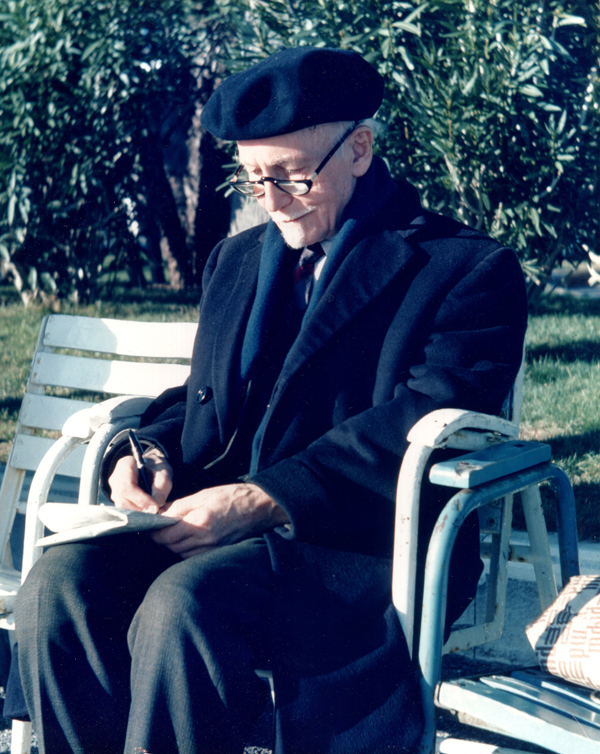

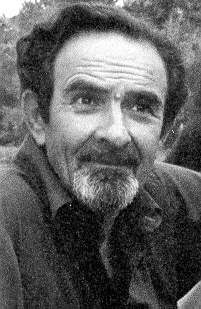

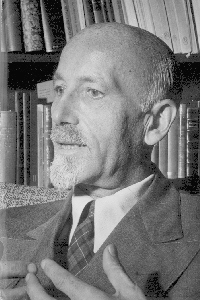


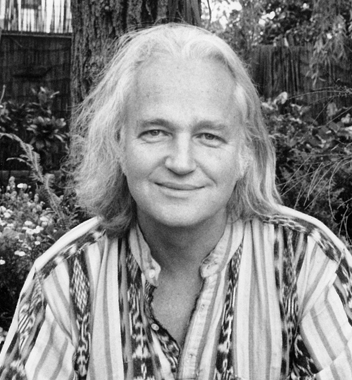
.jpg)
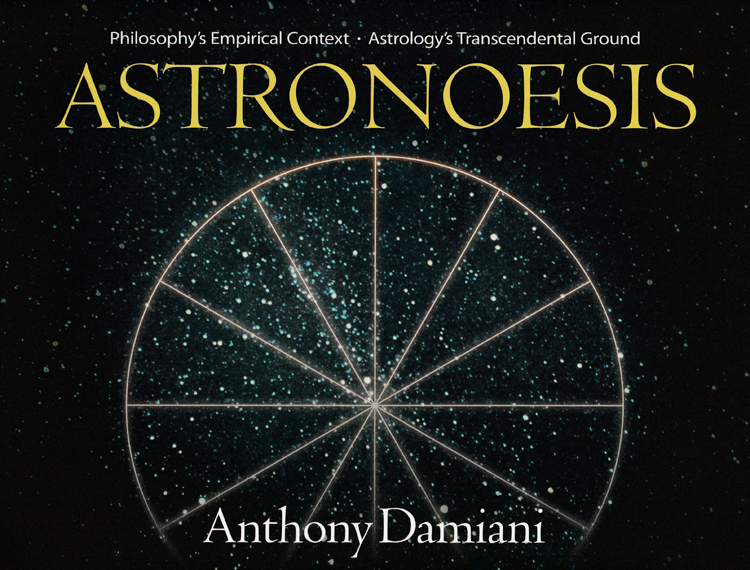
.jpg)


